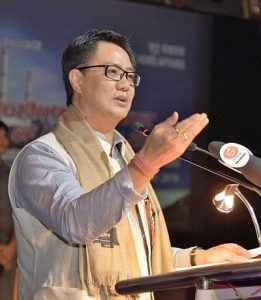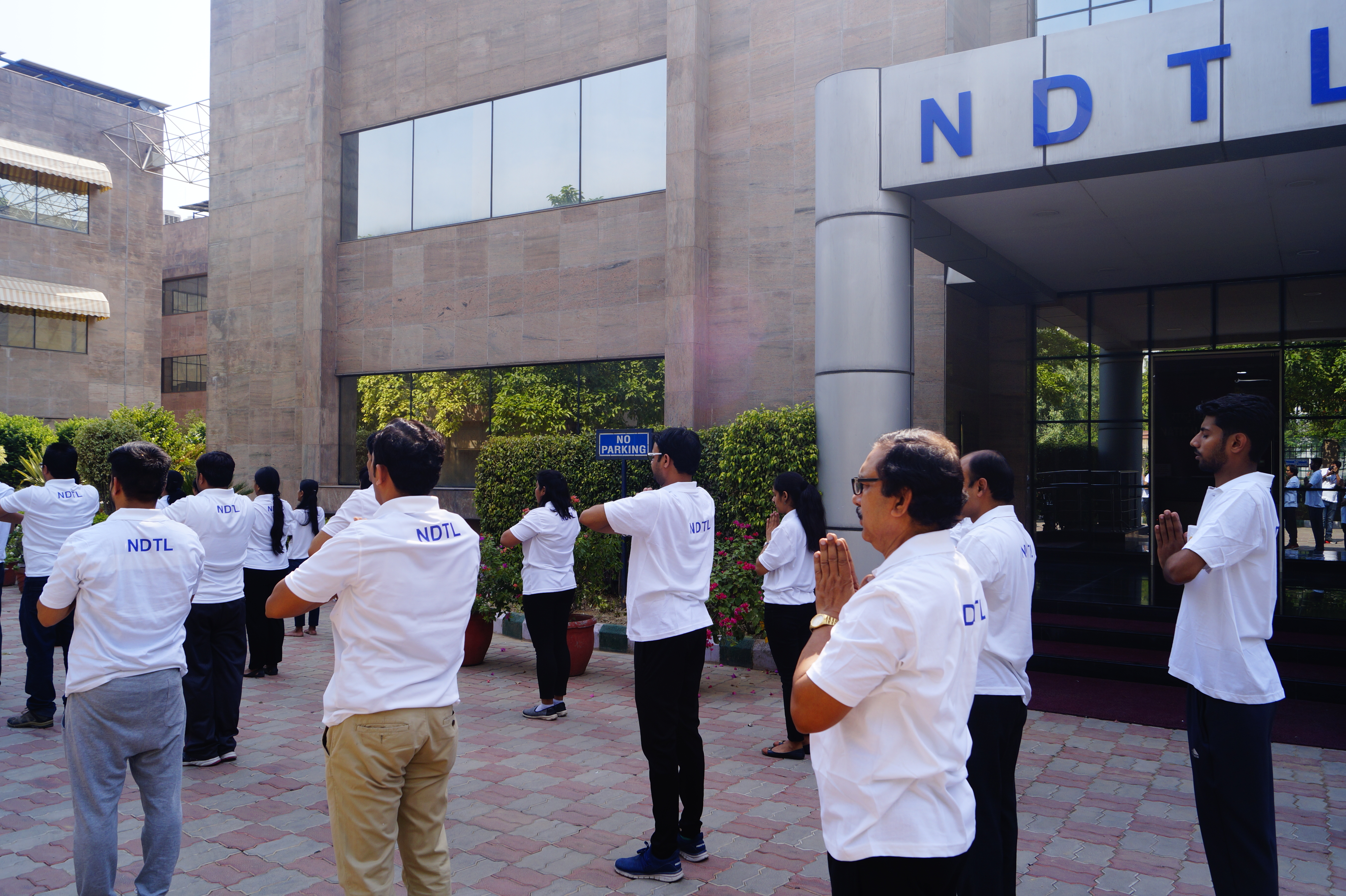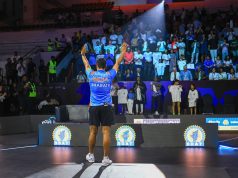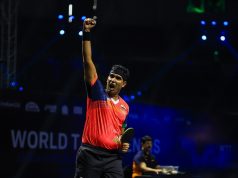The World Anti-Doping Agency (WADA) has suspended the accreditation of National Dope Testing Laboratory (NDTL) in New Delhi for a period of six months due to non-conformity with the International Standard for Laboratories (ISL) as identified during a WADA site visit. This suspension restricts the National Anti-Doping Agency’s (NADA’s) responsibilities to sample blood and urine collection as it can now only collect samples but has to get it tested by a WADA accredited laboratory outside India. “The suspension, which took effect on 20 August 2019, prohibits the NDTL from carrying out any anti-doping activities, including all analyses of urine and blood samples,” WADA stated in a media release on its website.
 The NDTL is the only laboratory in the country responsible for human sports dope testing. It was established in 1990 as Dope Control Centre under the Sports Authority of India (SAI) and got its accreditation in 2003. But as SAI is responsible for training of elite athletes, the Union Cabinet avoided conflict of interest by setting up NADA in 2004. Since then all doping samples are collected and tested under NADA by NDTL. The suspension is a huge blow to the country’s dope testing structure with only 11 months left for the Tokyo Olympics 2020. The WADA release further stated “During the period of suspension, samples that have not yet been analyzed by the NDTL; samples currently undergoing a confirmation procedure; and any samples for which an Adverse Analytical Finding (AAF) has been reported, must be securely transported to another WADA-accredited laboratory. This is in order to ensure continued high-quality sample analysis, which also helps preserve athletes’ confidence in this process and the wider anti-doping system.”
The NDTL is the only laboratory in the country responsible for human sports dope testing. It was established in 1990 as Dope Control Centre under the Sports Authority of India (SAI) and got its accreditation in 2003. But as SAI is responsible for training of elite athletes, the Union Cabinet avoided conflict of interest by setting up NADA in 2004. Since then all doping samples are collected and tested under NADA by NDTL. The suspension is a huge blow to the country’s dope testing structure with only 11 months left for the Tokyo Olympics 2020. The WADA release further stated “During the period of suspension, samples that have not yet been analyzed by the NDTL; samples currently undergoing a confirmation procedure; and any samples for which an Adverse Analytical Finding (AAF) has been reported, must be securely transported to another WADA-accredited laboratory. This is in order to ensure continued high-quality sample analysis, which also helps preserve athletes’ confidence in this process and the wider anti-doping system.”
 Taken aback by the suspension decision of WADA, Indian Sports Ministry has decided to appeal against the ban to the Court of Arbitration for Sports (CAS) in Lussane. There is an option of appealing to the Court within three weeks from the date of suspension but the Ministry has decided not to wait that long and initiated the process of appeal. Expressing his displeasure over the whole matter, Sports Minister Kiren RIjiju who is the Chairman Ex-officio of the NDTL stated, “There were some issues in the past. We had taken cognizance of those issues and a course correction has been initiated. It is disheartening that despite these efforts, WADA has taken this stance.”
Taken aback by the suspension decision of WADA, Indian Sports Ministry has decided to appeal against the ban to the Court of Arbitration for Sports (CAS) in Lussane. There is an option of appealing to the Court within three weeks from the date of suspension but the Ministry has decided not to wait that long and initiated the process of appeal. Expressing his displeasure over the whole matter, Sports Minister Kiren RIjiju who is the Chairman Ex-officio of the NDTL stated, “There were some issues in the past. We had taken cognizance of those issues and a course correction has been initiated. It is disheartening that despite these efforts, WADA has taken this stance.”
India figures sixth in the WADA’s global list of dope cheats. The samples for the next six months will be sent abroad which would massively increase the cost. Approximately testing one sample at an international lab will cost NADA $250-300, transportation overhead excluded. There is a possibility that the National Sports Federations may be asked to now bear the cost. Indian Olympic Association (IOA) President, Narinder Batra lashed out at NADA for jeopardizing the anti-doping programme. Batra said, “The National Sports Federations (NSFs) are not in a position to bear the extra cost. And why should we bear the extra cost for NADA’s mistakes?”
Recently the Board of Control for Cricket in India (BCCI) was forced to come under the NADA umbrella after a decade long resistance. Their collection agency prior to coming into the NADA fold, International Dope Tests and Management (IDTM) also used to submit their samples to NDTL for testing. The BCCI always claimed that it is an autonomous body and does not rely on government funding. However, the Sports Ministry had maintained that the cricket board has to come under the NADA ambit.




